We all have mental health. When it’s good, it’s easy to take for granted.
Until the age of 51, I’m ashamed to say, I thought poor mental health happened to other people. I saw myself as optimistic, active and content, finding joy in the smallest things.
My swift decline into a serious depressive episode was frightening for myself, family and friends. I spent weeks struggling to get out of bed, not interested in music or TV, going outside or meeting friends. I found I lost all emotion. I couldn’t even cry.
However, I was fortunate. I found Scottish Action for Mental Health (SAMH), an exceptional GP, got a referral to wonderful NHS group sessions on low self-esteem, and I was supported by family and friends.
Finding SAMH was important. When an opportunity to join its board as a trustee came up, I didn’t hesitate. It’s an honour and a privilege to now serve as chair of this remarkable organisation, particularly in its centenary year.
SAMH has been helping people with mental health problems since it was founded by the pioneering psychiatrist Dr Kate Fraser in 1923 – 25 years before the foundation of the NHS. Our stated objective then was to “improve the mental health of the community and take all possible action in connection therewith”. And, while a lot has changed in the last 100 years, that ambition has not.
It is only by working together that we will achieve our aspiration for people to ask for help once and get it fast
Throughout the year, we’ve taken the chance to learn about our history, and found we’ve always recognised that supporting mental health is everyone’s job. In 1937, our then-secretary Constance P Hunter observed that “mental health was not the task of one profession or section of the community. The best results could only be obtained by an increased knowledge of the subject and by closer cooperation among all the agencies concerned.”
Partnership remains key to the way we work today. It is only by working together that we will achieve our aspiration for people to ask for help once and get it fast.
The resources are not yet there
As we reach the end of our centenary year, it’s worth reflecting on where we are with mental health in Scotland. In many ways, things are much improved compared to Dr Fraser and Constance Hunter’s time. Certainly, we know a lot more about mental health – including how to manage and improve it – than we did then.
We recognise now that a recovery-focused approach is the way forward. We understand that we all have mental health, and mental health is talked about more openly. At the highest levels of government, we see a desire to improve the mental health of everyone in Scotland, and a new national mental health strategy and delivery plan.
We cannot, however, be complacent. In our view, the new national strategy will not deliver the radical reform of the system we require to make sure that everyone can access the mental health support they need quickly.
We need transformational, not incremental, change. The resources are not yet there. The Scottish Government has committed to increasing mental health spending to 10% of the NHS frontline budget, but that has yet to be delivered.
As an optimist, I hope to see words translated into tangible resources in December’s budget. In the meantime, we won’t wait.
In fact, such is our desire to get on with supporting people with mental health problems that we’ve changed our name from the Scottish Association for Mental Health to Scottish Action for Mental Health. It’s a better reflection of what we’re here to do, and it demonstrates our commitment to act for positive change.
The job is not done
As I found myself, it’s sometimes difficult to know where to go for help and, too often, waiting times are long when you get there. I’ve had two further experiences of depression requiring time off work. I know now that I need to pay attention to my mental health, not take it for granted.
I am grateful that, with time passing, I can now find positives from my experiences. I have met amazing people on my journey, and I am better equipped to support others facing their own mental health challenges. I want everyone to have access to the support they need.
As I take up this role, I’m proud of what SAMH has accomplished so far, but I know the job is not done. I’m determined that we will achieve the action we still need for Scotland’s mental health.
- If you need mental health information and support, contact the SAMH Information Service. For urgent help, contact NHS 24 on 111
Shona Littlejohn is chair of SAMH and depute director for student experience and widening access at The Open University in Scotland. She is a former vice-principal of Robert Gordon University

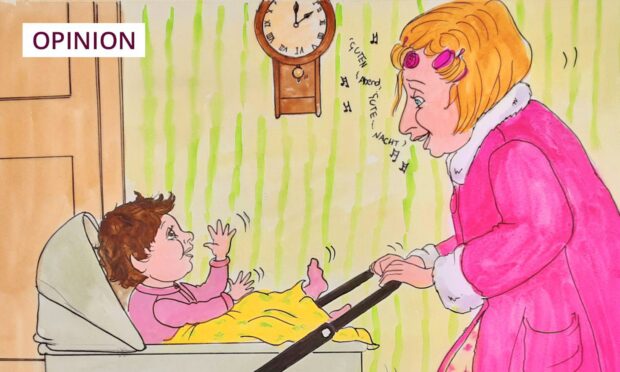
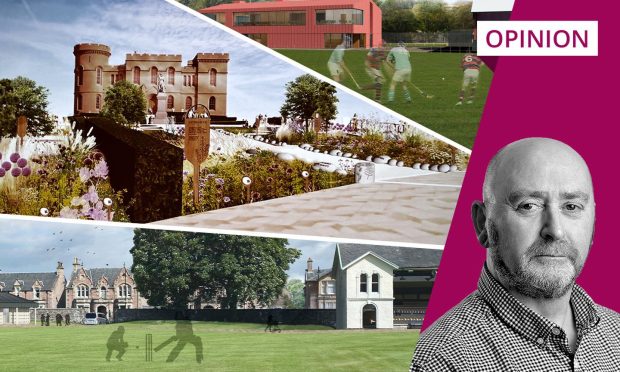
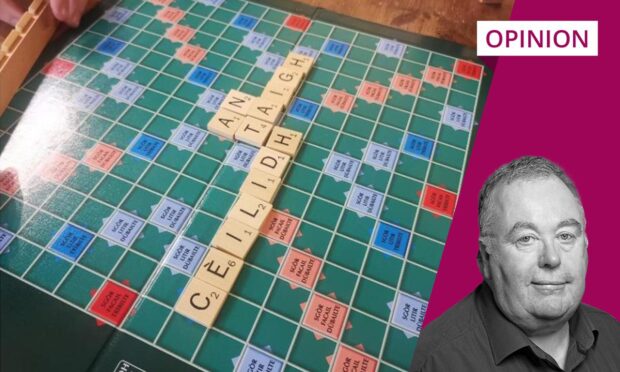


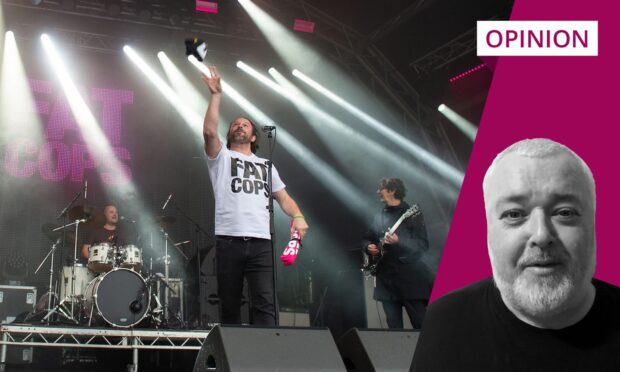
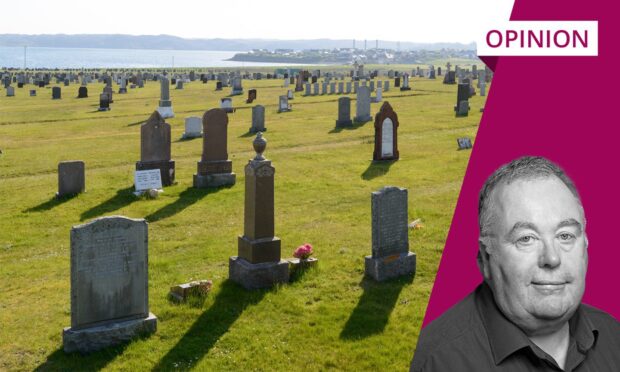
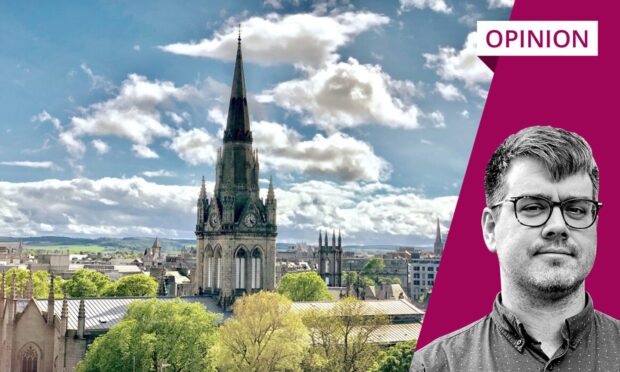
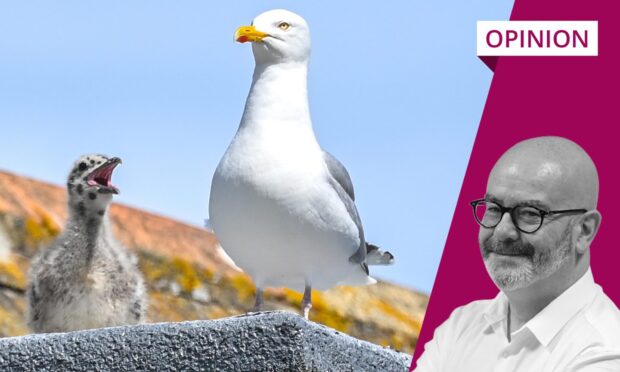
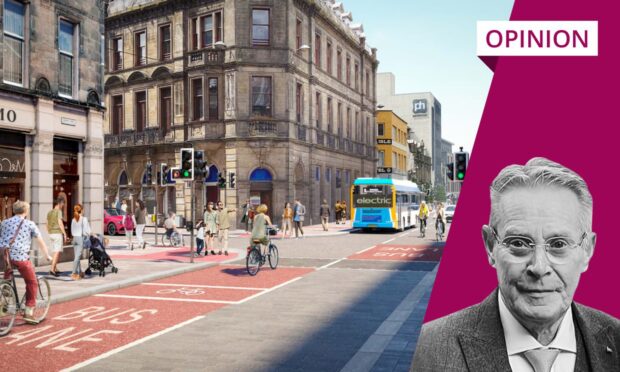
Conversation